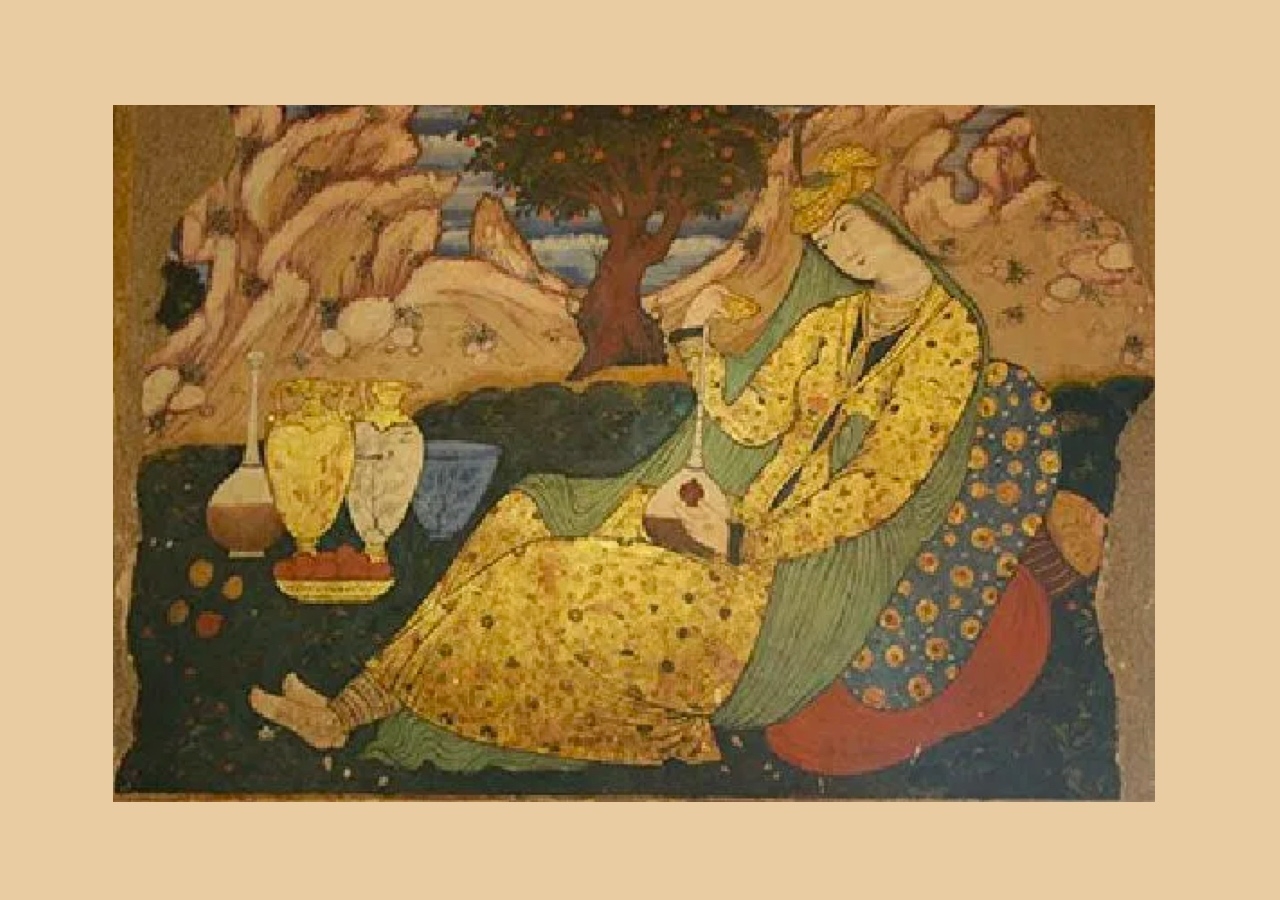In a speech made in London in December 2014, Mawlana Hazar Imam remarked that “... women’s participation in society is vital to ensure an improved quality of life. From education to health, participation in local governance to leadership in business, we have witnessed the potential for women and men to work alongside each other, while respecting the ethics of Islam, to build their communities.”
Commemorated annually, International Women’s Day has become a contemporary recognition celebrating the accomplishments of women throughout time, as well as an occasion for renewing efforts towards achieving equality of opportunity, and justice in society. The day was first marked in North America and Europe, as a result of women’s rights movements in the early 1900s, and was adopted by the United Nations in 1975.
The occasion provides an opportunity to look back in history and recall the women who have played a central role in the formation of the Muslim ummah and its development over time.
Following the revelation of Islam in seventh-century Arabia, Prophet Muhammad (may peace be upon him and his family) made efforts to improve the social status of women of the time. The Holy Qur’an’s recognition of women as being rightful inheritors of their family estate alongside men, granted them legal status which they had previously lacked; and the Prophet’s regard for women and his reputed consultation with them, reflect the recognition of women’s socio-economic status in society.
As the Muslim community grew and spread geographically, many women would make significant contributions to the societies of their time, often with a lasting impact.
In the eighth century, Rabi‘a al-‘Adawiyya was born into a poor family and orphaned during a time of famine, which led her being sold into slavery. After her master freed her for being staunchly devoted to God, she lived in solitude outside of Basra, in modern-day Iraq. The experience of divine love inspired Rabi‘a; she is considered to be one of the first female Sufi saints of Islam, and the first in a long line of female Sufi mystics.
Rabia al-Basri, as she came to be known, is noted for her steadfast love of God and her expression of this through poetry. Her expressions inspired many later Sufi masters and philosophers. Reflecting on Hazrat Ali’s teachings, she stressed that this love had to be free of seeking reward or avoiding punishment:
“O God! If I worship you for fear of hell, burn me in hell,
and if I worship you in hope of paradise, exclude me from paradise.
But if I worship you for your own sake,
grudge me not your everlasting beauty.”
Rabia championed love as a path to the Divine; and it became favoured by communities of believers who found greater resonance in approaching God through Divine love, rather than out of fear of God. Among women, oftentimes the female family members of the Prophet, such as Hazrat Bibi Fatima – the beloved daughter of Prophet Muhammad, and Zaynab – the daughter of Hazrat Ali and Hazrat Bibi Fatima, and sister of Imam Husayn occupy a venerated place in the hearts of Muslims across the globe.
Through her deeds and actions, Rabia al-Basri did not fit into the traditional role for women in the society of her time; rather she lived an independent life and became influential among a circle of theologians and scholars. Throughout her time, she was a woman who set an example for others to follow.








